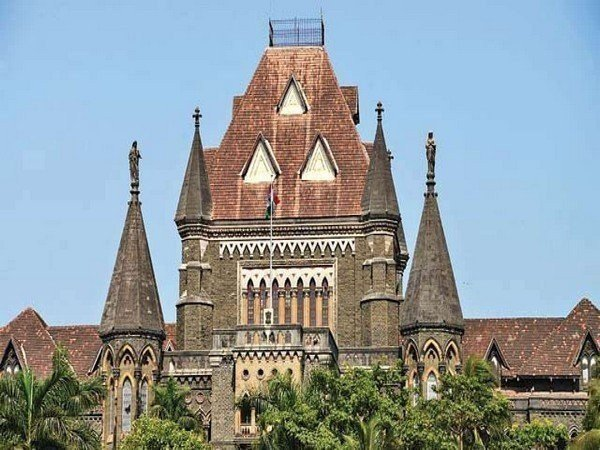HC asks Maha govt if tribals can be provided employment under MNREGA

- Country:
- India
The Bombay High Court on Thursday sought to know from the Maharashtra government if the tribal population in the state can be provided employment under the Mahatma Gandhi National Rural Employment Act (MNREGA).
A division bench of Chief Justice Dipankar Datta and Justice M S Karnik was hearing a bunch of public interest litigations filed in 2007 highlighting high numbers of deaths among children, pregnant women and lactating mothers due to malnutrition in Melghat region of the state.
Advocate General Ashutosh Kumbhakoni, appearing for the state, on Thursday informed the court that while the government welfare schemes were available to the tribal population in Melghat region, the same was not available when they migrate to other regions after the monsoon season.
“There is then a disconnect or interruption in these persons getting benefits of the scheme. Our final aim is to ensure that there is no migration. Until then, the government's endeavour would be to provide the benefits even in those areas where these persons migrate to,” Kumbhakoni said.
To this, the bench said if the tribal population is provided employment at their own villages, then they would not find the need to migrate.
“Can they be given jobs under the MNREGA scheme? If you (government) want to prevent migration, then you have to find out sources of employment. That should be a part of your plan,” Chief Justice Datta said.
One of the petitioners Bandu Sane informed the court that while around 40 children died due to malnutrition each month in Melghat region till August 2021, the number has now come down to 20 deaths per month from November 2021 to January 2022.
The court then said that the state government was not taking steps to ensure that there were no deaths.
The bench also sought to know from Kumbhakoni as to why the benefit of providing hot cooked meals was stopped. “This is something very disturbing. This is something very basic that the government should have provided,” Justice Karnik said.
To this, Kumbhakoni said it was stopped when the COVID-19 pandemic spread and the same will resume from February this year.
“Hot cooked meals were stopped when the virus started spreading. Alternatively, the government was providing take home ration,” he said.
The court then posted the matter for further hearing on February 28.
(This story has not been edited by Devdiscourse staff and is auto-generated from a syndicated feed.)
ALSO READ
Three labourers die of electrocution in Maharashtra’s Thane district
No end to chaos in MVA, Cong’s condition pitiable: BJP Maharashtra poll in-charge Dinesh Sharma
Man killed by tiger in Bhandara in Maharashtra
352 candidates file nominations for eight LS seats in Maharashtra going to polls on April 26
Gutka worth Rs 50 lakh seized in Maharashtra's Thane district; one held










